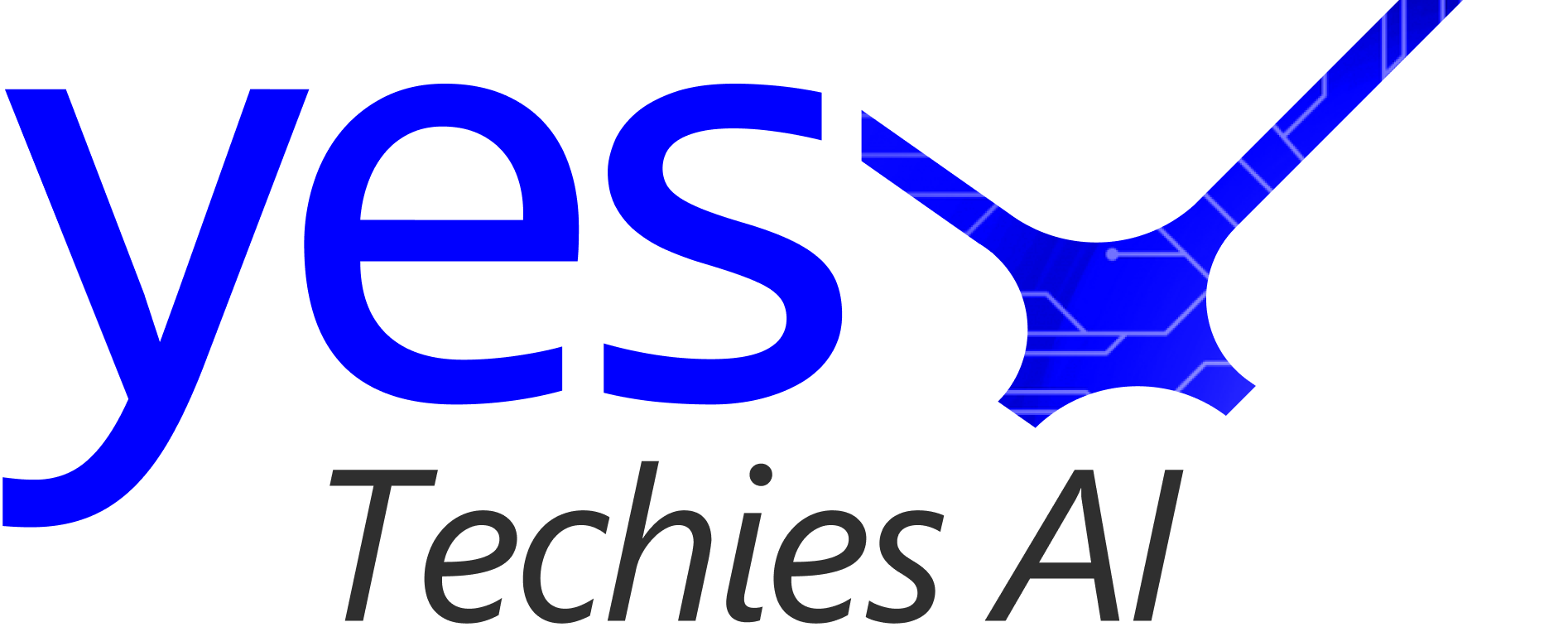Currently Empty: $0.00
Blog & Update
My Podcast Experience with Gandom AI

Last week, I had an insightful discussion about Artificial Intelligence (AI), covering key aspects such as how to get started, essential skills, and career opportunities—especially for those in Afghanistan or other developing regions.
My journey in the world of tech and AI:
🔹 My first Master’s in Computer Science from University of Mysore, India.
🔹 My second Master’s in Data Science with specialization in AI at Newcastle University, UK.
🔹 Nearly two years of PhD research in Computer Vision.
🔹 Teaching AI and Web Development in India and Afghanistan.
🔹 Founder of Yes Techies, an AI and programming education platform, launching soon.
In simple terms, I work on data management, models that can learn to think, analyze text, and even understand human emotions.
What Is Machine Learning?
In basic terms, ML is about teaching computers to learn from experience, just like humans.
Example:
👶 A child learns to recognize a dog after seeing it multiple times.
📸 Similarly, a computer learns to identify dogs by analyzing thousands of images!
ML allows computers to detect patterns in data and make decisions—without being explicitly programmed.
Why Is ML Important for Data Science & AI?
We live in a world flooded with data—billions of images, videos, and messages every day. ML helps us make sense of this data.
🔹 Doctors use AI to detect diseases from MRI scans.
🔹 Car companies develop self-driving cars.
🔹 Banks use AI to prevent fraud in transactions.
If you want to succeed in AI and Data Science, you must learn how machines learn and make predictions.
Who Can Benefit from Learning ML?
✅ Programmers – to build smart applications
✅ Data analysts – to uncover patterns in data
✅ Economists & business professionals – for market predictions
✅ Doctors & engineers – for research and better decision-making
Example:
🔹 A retail company can use AI to predict the best time for sales.
🔹 A bank can detect fraud by recognizing suspicious transactions.
AI is now part of everyday life!
What Are the Prerequisites for Learning ML?
You don’t need to be a math genius! But some basic knowledge helps:
📌 Key skills to start with:
✅ Python (to write ML code)
✅ Probability & statistics (to understand ML models)
✅ Linear algebra basics (not too deep)
If starting from scratch:
🔹 Learn Python in one week.
🔹 Improve math and statistics step by step.
📌 Best beginner-friendly resources:
✅ Python for Everybody (Coursera)
✅ Intro to Machine Learning (Kaggle)
How Can Someone in Afghanistan Learn ML Online?
✅ Use free online resources (YouTube, Coursera, Udemy).
✅ Download videos and study offline.
✅ Work on small projects (Kaggle, Google Colab).
✅ Join AI communities (Telegram, Discord, LinkedIn, HuggingFace).
✅Interact with LLMs to learn (ChatGPT, Claude, Perplexity)
Example: A beginner can collect Facebook comments and train an AI model to classify them as positive or negative.
💡 With dedication and online resources, anyone—even in Afghanistan—can become an AI expert.
Best Online Learning Resources
📌 Free & beginner-friendly courses:
✅ Google AI Crash Course
✅ Fast.ai – Practical Deep Learning
✅ Machine Learning by Andrew Ng (Coursera)
📌 Practice websites:
🔹 Kaggle – Real-world datasets
🔹 GitHub – Explore ML projects
📌 For Persian/Dari speakers:
🎥 Follow Persian YouTube channels on ML for easier learning.
If I Were to Start Over, What Would I Do Differently?
✅ Focus more on practical projects 🚀
✅ Get active on GitHub & Kaggle 🔥
✅ Network with AI professionals 👥
Can Someone in Afghanistan Become an AI Expert?
Absolutely! 100% possible 💯
📌 Job Opportunities:
✅ Work in local tech start-ups and banks.
✅ Get remote jobs with international companies (Upwork, Toptal).
✅ Contribute to open-source AI projects.
🌍 The world is shifting to remote work, meaning location is no longer a barrier.
Follow Gandom AI for more updates on AI here. https://www.youtube.com/watch?v=u5rUuPp-2PY&t=424s




